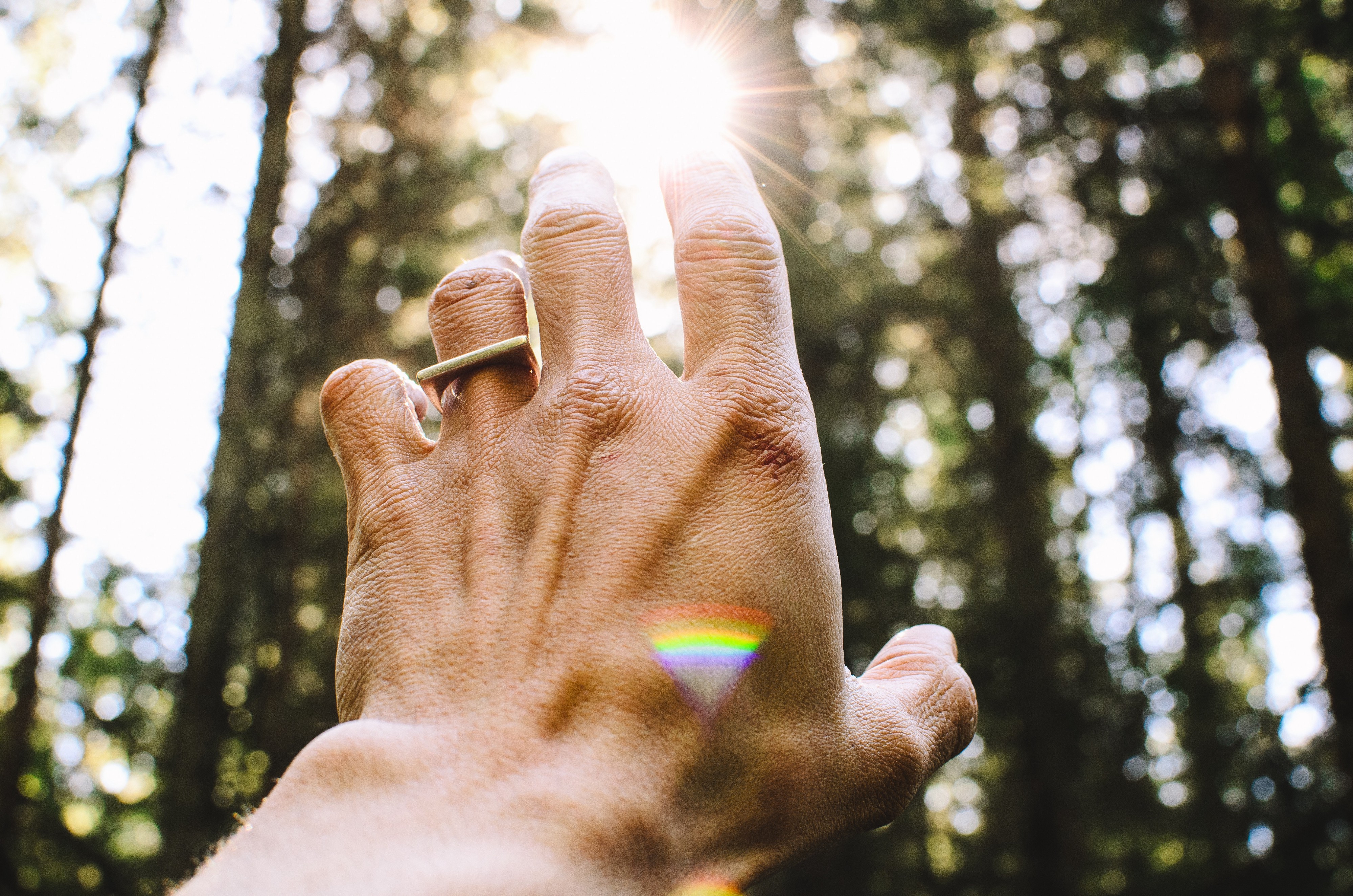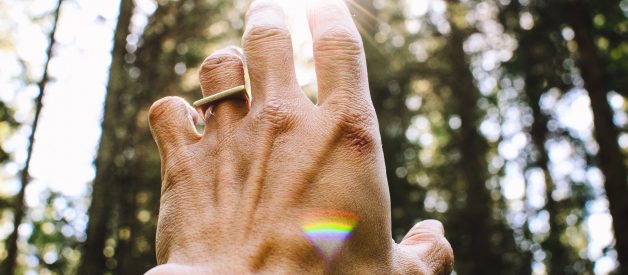 Photo by Aarn Blanco Tejedor on Unsplash
Photo by Aarn Blanco Tejedor on Unsplash
?Spirituality is a brave search for the truth about existence, fearlessly peering into the mysterious nature of life.?
~ Elizabeth Lesser
For most of my life I have been neither religious nor spiritual.
Sure, when I was young my family went to Catholic mass on most Sundays, but I never felt interested or inspired by anything that I heard.
So, when I was 13 years old, I decided that I didn?t need any of it. I rejected my belief in the existence of god and assumed that religion had nothing useful to offer me.
Like many of my friends, I defiantly wore my rejection of Christianity like a badge of honor. Whenever I could, I dismissed it and shook my head condescendingly at anyone who thought otherwise.
It made me feel like I was on the ?right? side of a battle being waged between the wise and the foolish.
In retrospect, my arrogance and certainty in my own ?rightness? made me the epitome of the kind of person I looked down on.
Anyway, when I threw religion out of my life, I threw out everything that looked like religion, too. I didn?t realize it at the time, but that meant discarding ideas and concepts that I would later come to call spiritual.
I blindly concluded that nothing I associated with religion had any value, truth, or wisdom.
So, I turned my back on it all.
Is spirituality different from religion?
In my late teens and early twenties, I would have identified spirituality as a kind of religiousness. I associated it with people who cared too little about science, evidence, or anything practical.
It conjured in my mind images of tarot card readings and astrology.
It sounded hippie-ish and dumb.
So, I thought I needed to stay the hell away from it.
But, as I entered my mid-twenties, my worldview began to shift.
Perhaps it was because I was starting to feel restless with my life, like something was missing. Perhaps it was because I was dating someone who helped me see the holes in my arguments. Or, perhaps it was because life had simply thrown enough punches to knock some sense into me.
Whatever the reason, I slowly began to lose the unshakable certainty I had in my beliefs.
And with that shift in mindset, I felt a relaxation of my mind. A calming. Like the unclenching of a fist whose sole purpose had been to hold onto the certainty I felt about the world and my place in it.
As my mind relaxed, a space opened in which old questions suddenly bubbled up from the ether. It was then that these questions seemed to take on new meaning and new importance.
What was I doing here?
What was my purpose?
What the hell is consciousness?
These questions confounded me. They seemed unanswerable by science, yet they also seemed like the only questions that really mattered.
Although it would take me another half-decade to find a meaning that was satisfactory, this is when I first began to suspect there might be something useful about the word spiritual.
Today, I would say that I?m a spiritual person but not a religious person, which I know is clich, so allow me to explain.
I think what draws people to organized religion is the sense we have that there is more to life than what?s immediately obvious. We feel like there?s something bigger than ourselves and more important than the day to day trivialities of life, yet we feel blind to what that something is.
Organized religion offers us an answer. It can fill this space for us.
But there?s also another option.
Instead, we can choose to define this space for ourselves.
Defining spirituality
Unfortunately, there is no User Guide to being human.
In its absence, we rely on our limited experiences and instincts to tell us what to do.
The problem is that one lifetime of experience isn?t enough, which is why we tend to fail spectacularly at living our best lives.
The burgeoning self-help industry is evidence of this.
We know something is missing. We feel it in our heart of hearts.
But what is it?
Books like Waking Up by Sam Harris and Why Buddhism is True by Robert Wright may hold a piece of the answer.
These books discuss the concept of secular spirituality, which Wikipedia tells us ?emphasizes the personal growth and inner peace of the individual, rather than a relationship with the divine.?
In their books, Harris and Wright stress the importance of meditation and mindfulness in the pursuit of secular spirituality.
But what does meditation or mindfulness have to do with spirituality?
One of the consequences of regular meditation is the gradual deterioration of the sense of self.
While this might sound scary and counter-productive, ancient philosophies like Buddhism teach that it is our attachment to our sense of self that is a major cause of our suffering.
In Michael Pollan?s excellent book, How to Change your Mind, he explains that the default mode network, described as the ?orchestra conductor? of the brain, is where the concept of ?self? or ?ego? may be created.
Interestingly, when the brains of experienced meditators are scanned using fMRIs, researchers have observed that their default mode networks are significantly and persistently quieter compared to people who don?t meditate (see here).
This might explain why experienced meditators often report the loss of a sense of self, which leads them to feel a oneness with other people, nature, and the universe itself. It might also explain the profound spiritual experiences they report having.
On the flip side, there is a really good reason for our biology to keep us shackled to our sense of self: it motivates us to take care of, and protect, our self.
But what if those shackles hold us back from attaining a higher purpose?
What if our sense of self keeps us feeling isolated and acting selfishly? What if our sense of self limits our ability to feel connected to others and the world around us?
What if our intuition that there is more to life comes from an ancient battle being waged in our minds between our biological need to survive and our intellectual and emotional desire to thrive?
Could freeing ourselves from the shackles of the self?s prioritization of survival over thriving be the path of spirituality itself?
Could relinquishing the grip of the sense of self on the mind be the counter-intuitive step in the process of creating a life worth living that we?re all missing?
Perhaps. Perhaps not.
This is something I hope to discover for myself by devoting time to the daily practice of meditation.
For now, I look at spirituality as the humble exploration of the profound mystery, awe, and beauty of our conscious experience.
It is noticing the incredible gift of consciousness that we?re given in every moment.
It is the journey of discovering what it means to be human and how to live well.
As new science continues to study old wisdom, the concept of spirituality will continue to evolve. And as it does, I think we are going to learn more and more about the path to human flourishing.
Maybe we?ll get that User Guide after all.


